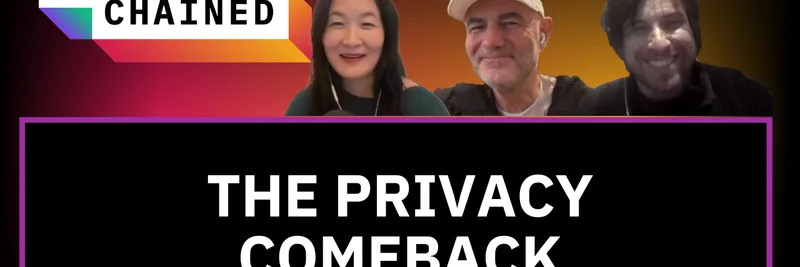On November 16, prominent crypto commentator Hitesh Malviya (@hmalviya9) quote-tweeted one of his own older posts — and the timing feels deliberate.
The original post from October, now making the rounds again, pairs the legendary black-and-white photo of Che Guevara with a poetic manifesto that hits harder every time regulation tightens its grip.
Freedom exploded first. Anyone could launch a token, trade 24/7, send value across borders without asking permission. Markets bloomed, scams bloomed louder, and regulators finally noticed.
Stablecoins became the “responsible” choice. KYC exchanges became the norm. A big chunk of the community shrugged and said, “At least we’re protected now.”
That’s exactly when the old chant started echoing again — the one the cypherpunks never stopped singing in the corners.
Here’s the full text Hitesh originally wrote (and just revived):
freedom and privacy are two sides of crypto.
freedom got all the attention, grew bigger, crypto enabled freedom to create markets, trade, transact, move, invest.
privacy took the back seat when freedom was rising, and that attracted regulators when they found that freedom had become the reason humans started scamming each other.
they wanted to control freedom by writing new rules, which would eventually kill the other side of crypto: privacy. people in crypto thought it was fine to live with authoritarian control, at least it would protect them.
they thought stablecoins were fine. they thought regulations were good for them. and that is when the old chant began to rise in the streets of crypto again.
the old chant that kept the dreams of cypherpunks alive in the small corners of the crypto world. the old chant that spread the message of privacy forward. the old chant that took a new shape, a new avatar.
it started being understood by the new generation of crypto. now we are here. the awakening moment is here. privacy has your attention again.
do not lose it to charts. it is your right. use tools that offer privacy. be part of privacy-focused project communities.
educate people about privacy in your own way.
$zec started a movement.
we need to make it big together.
Read the original post here and the fresh quote here.
Why This Hits Different in 2025
We’ve watched chain-analysis firms get richer, exchanges hand over user data, and governments draft rules that treat every wallet like a bank account. Meanwhile, the meme-coin casino keeps most people distracted with 100× charts.
Hitesh is basically yelling: don’t forget the other half of the promise.
Zcash ($ZEC), launched in 2016, remains one of the few coins that still offers fully shielded transactions by default (optional, but built-in) using zero-knowledge proofs called zk-SNARKs. In plain English: nobody can see who sent what to whom — not even the blockchain itself — yet the network still knows the transaction is valid.
Monero does it too, Railgun and Tornado Cash (RIP) tried on Ethereum, and newer L2s are experimenting again, but Zcash was one of the first to plant the flag and say “privacy is a feature, not a bug.”
The Meme Magic
Using the Che Guevara portrait is perfect crypto meme warfare: instantly recognizable, loaded with revolutionary energy, and impossible to ignore. One image turns a nuanced take into something that spreads on pure vibe.
It’s the same reason “laser eyes” worked for Bitcoin maxis or why Dogecoin has a Shiba Inu — memes carry ideology faster than whitepapers.
Whether Zcash itself moons from this or not, the message is clear: as long as surveillance creeps deeper into on-chain activity, someone will keep posting Che, someone will keep building private tools, and the old chant will never fully die.
Privacy isn’t just a feature. In the end, it might be the whole revolution.


